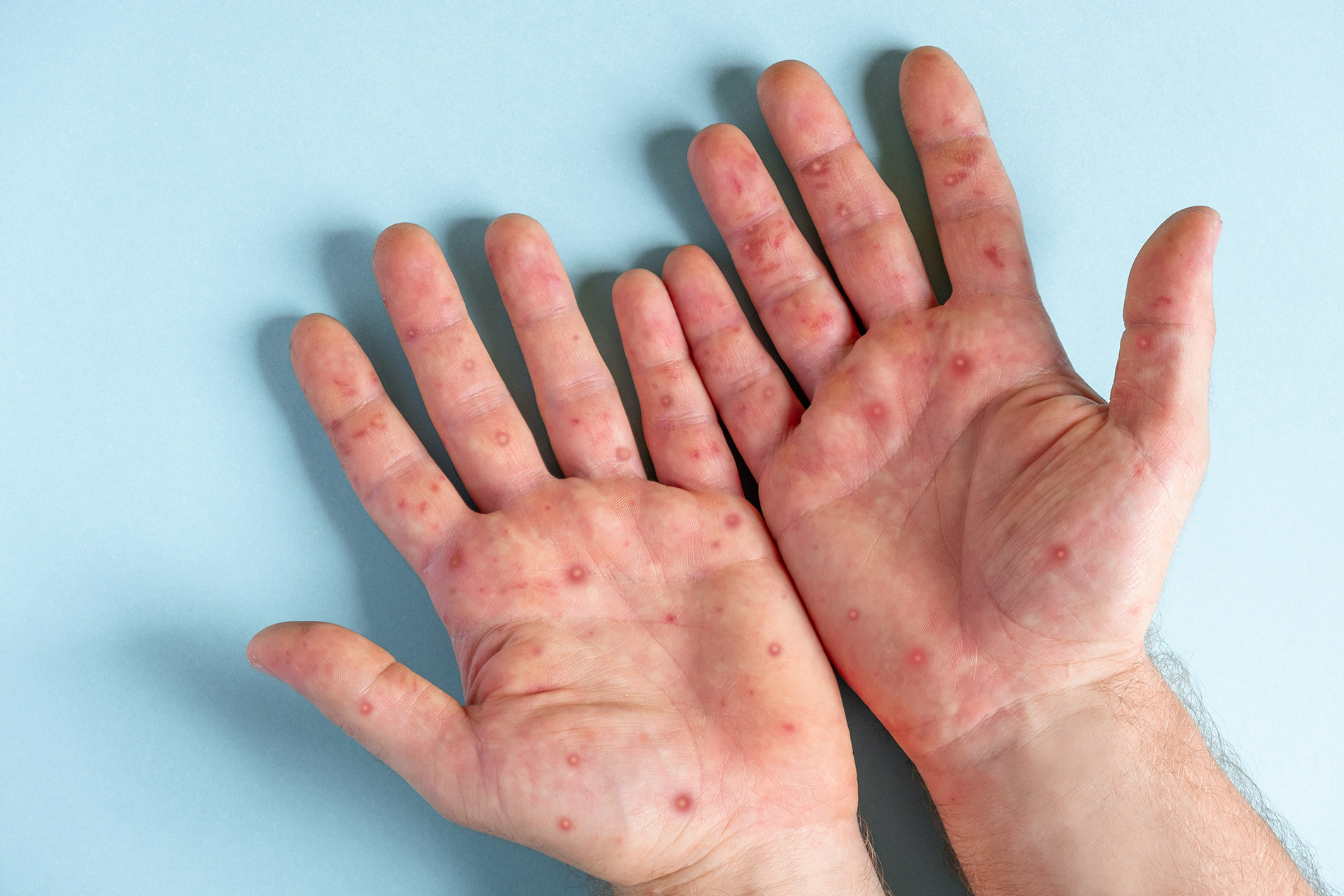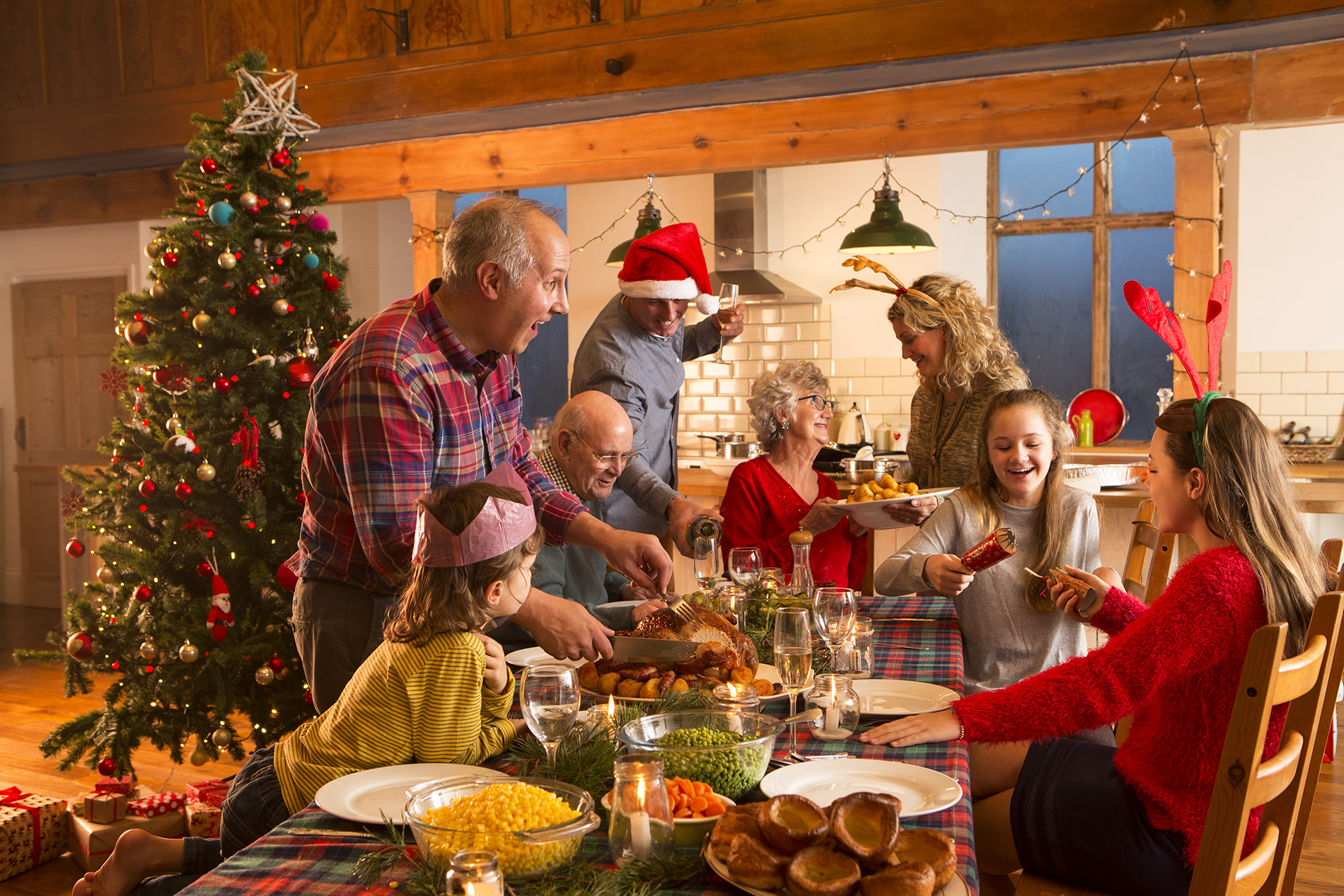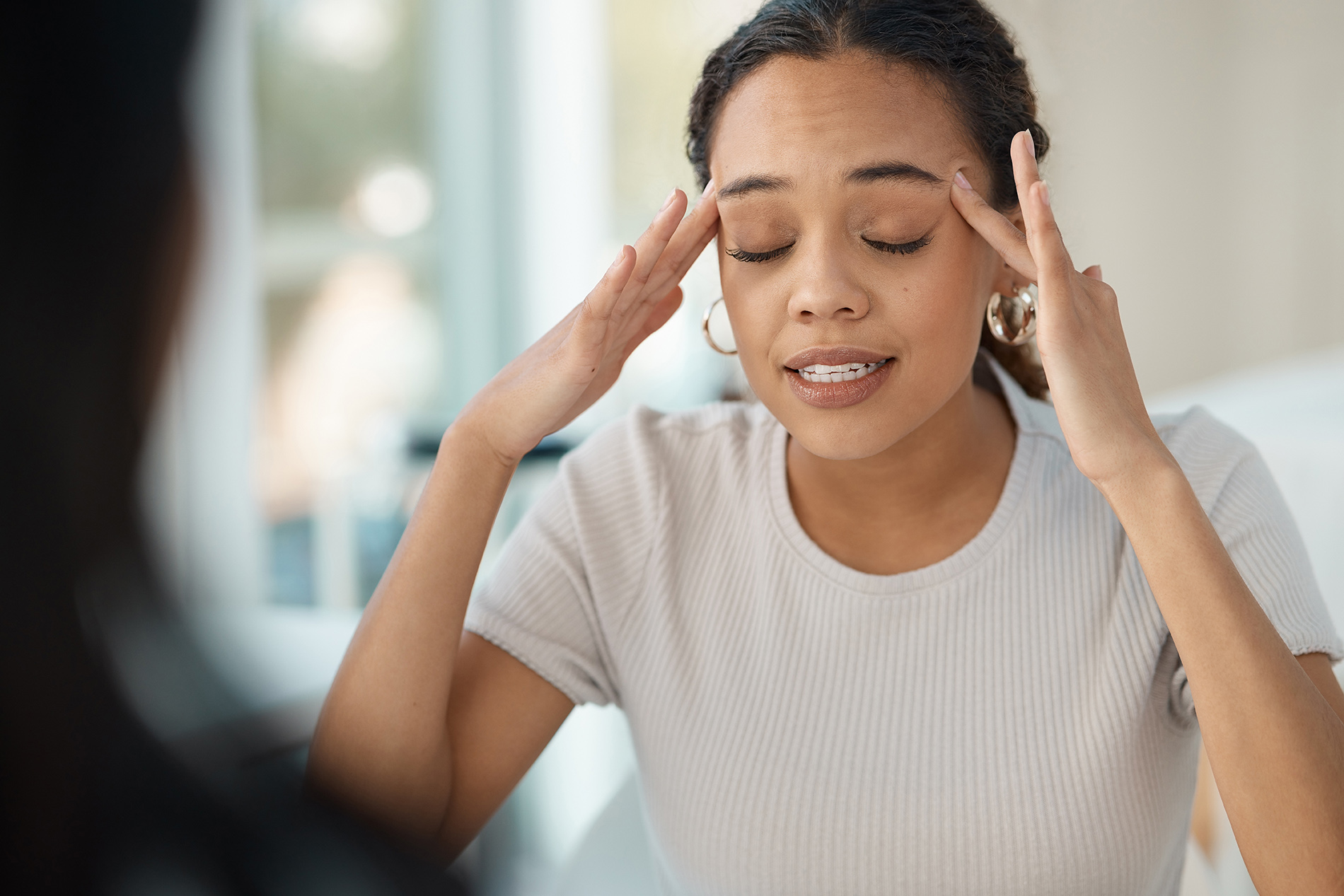Monkeypox cases are on the rise in South Carolina, but should you be concerned? Infectious disease specialist Emilio V. Perez-Jorge, MD, with Lexington Medical Specialists has answers.
Q. What is monkeypox?
It is an infection caused by a virus in the “pox” family of viruses, which includes viruses like chicken pox, smallpox and others. Poxviruses typically cause a skin or mucosal rash that looks like blisters with an indentation in the center. The blisters typically fill up with pus and leave a scar upon resolution.
Q. Have we seen cases on monkeypox in our community?
As of August 19, 2022, DHEC reported 80 cases of monkeypox in South Carolina; 29 of those cases were in the Midlands.
Q. How is monkeypox spread?
Monkeypox can spread from person to person through direct contact with the infectious rash, scabs, or body fluids. It also can be spread by respiratory secretions during prolonged, face-to-face contact, or during intimate physical contact, such as kissing, cuddling, or sex.
Q. What are the early symptoms of monkeypox?
Symptoms of monkeypox can include:
- Fever
- Headache
- Muscle aches and backache
- Swollen lymph nodes
- Chills
- Respiratory symptoms (e.g. sore throat, nasal congestion, or cough)
- A rash that can look like pimples or blisters that appears on the face, inside the mouth, and on other parts of the body, like the hands, feet, chest, genitals, or anus.
The rash goes through different stages before healing completely. The illness typically lasts 2-4 weeks. Sometimes, people get a rash first, followed by other symptoms. Others only experience a rash.
Q. Can monkeypox be fatal?
Infections with the type of monkeypox virus identified in this outbreak—the Clade IIb —are rarely fatal. Over 99% of people who get this form of the disease are likely to survive. However, people with weakened immune systems, children under 8 years of age, people with a history of eczema, and people who are pregnant or breastfeeding may be more likely to get seriously ill or die.
The Clade I type of monkeypox virus has a fatality rate around 10%.
Q. Can the monkeypox virus live on surfaces like doorknobs, clothes, etc.? If so, for how long?
Most viruses can live on surfaces, but ONLY for a short time. Poxviruses can survive on linens, clothing and environmental surfaces, particularly in dark, cool, and low humidity environments. However, poxviruses are very sensitive to UV light and sunlight. They are also sensitive to normal household disinfectants, good hand washing and hand sanitizer containing 60% alcohol.
Q. Is there a vaccine available for monkeypox?
Because monkeypox and smallpox viruses are genetically similar, vaccines developed to protect against smallpox viruses may be used to prevent monkeypox infections. The U.S. government has two stockpiled vaccines—JYNNEOS and ACAM2000—that can prevent monkeypox in people who are exposed to the virus.
Q. What can I do to avoid monkeypox?
- Avoid close, skin-to-skin contact with people who have a rash that looks like monkeypox.
- Avoid contact with objects and materials that a person with monkeypox has used.
- Wash your hands often with soap and water or use an alcohol-based hand sanitizer, especially before eating or touching your face and after you use the bathroom.
The probabilities of being exposed to monkeypox for the average person are low since it requires close contact with someone who has the infection and it is unusual for a person to have the infection and not have symptoms.

Emilio V. Perez-Jorge, MD, Lexington Medical Specialists







Leave a comment